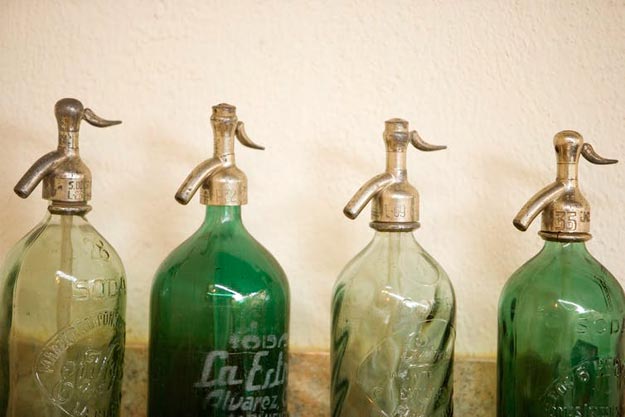Water insecurity ranks as one of the world’s biggest problems. Countries in sub-Saharan Africa are among the most vulnerable. A recent global survey by UNICEF and the World Health Organisation suggests that about 490 million people in sub-Saharan Africa lack access to safe water supply, mostly in cities.
In Ghana, for example, over 6 million people (20% of the total population) lack access to safe water supply.
Academic and policy discussions about the failure to achieve water security tend to centre on four issues. These are rapid urbanisation, poor governance, payment for services and climate change. Read more




